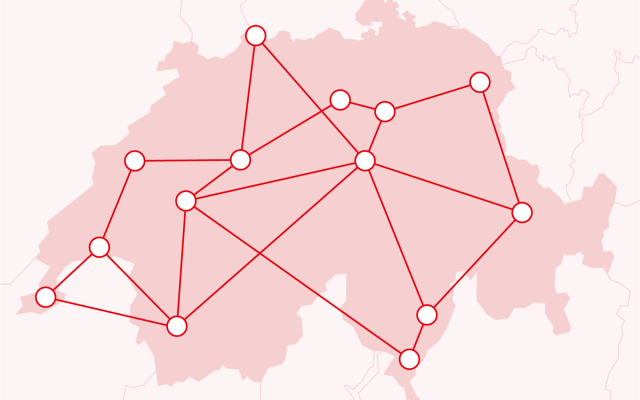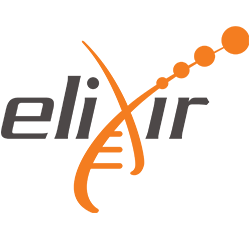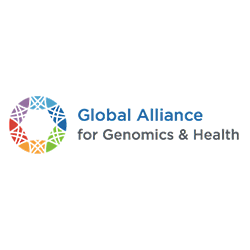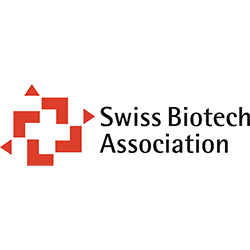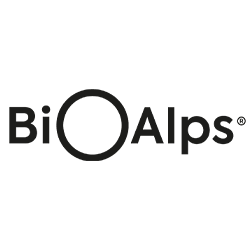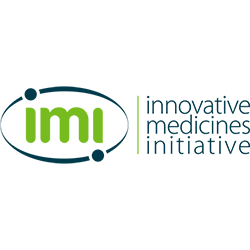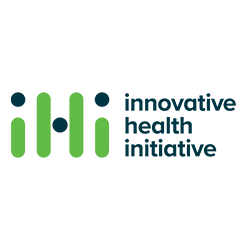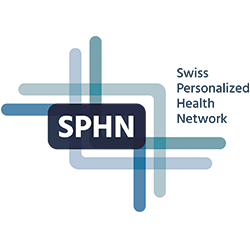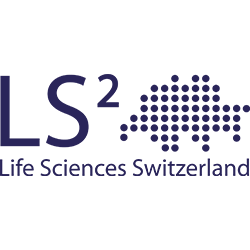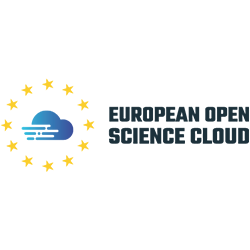SIB's network of research and service groups is an important component of the institute’s mission. By fostering collaboration, knowledge sharing and scientific excellence, SIB stimulates progress and innovation in the rapidly evolving field of bioinformatics. The shared affiliation of bioinformatics experts with SIB across Switzerland strengthens the country’s international visibility. Indeed, national cohesion is linked with international impact, and further developed thanks to the many initiatives that SIB launches or participates in.
A unique governance enabling independence and neutrality
To ensure the interests of the community are fully aligned with those of the institute, and that SIB is a truly independent and neutral institution, this national network is represented in our governance at two levels: representatives of the partner institutions sit on our Foundation Council, the institute’s highest authority and Group Leaders come together in the Council of Group Leaders to elect their representatives at the Board of Directors or new affiliated Group Leaders, as well as to launch and follow-up on community activities.
A national network gathering the Swiss expertise in bioinformatics
Our national network is composed of over 88 affiliated groups based in 28 partner institutions*, which are major academic and research institutions in Switzerland. With about 900 members including 190 employees*, SIB is the largest national network of bioinformaticians in Europe.
Such a vast and committed community allows us to tackle any bioinformatics-related challenge, delivering solutions with a broad range of applications, from medicine and health to environmental and agricultural issues.
Discover our Group Leaders and their scientific focus
Learn how to join our network and the associated benefits
*figures and map below as of 1 January 2025
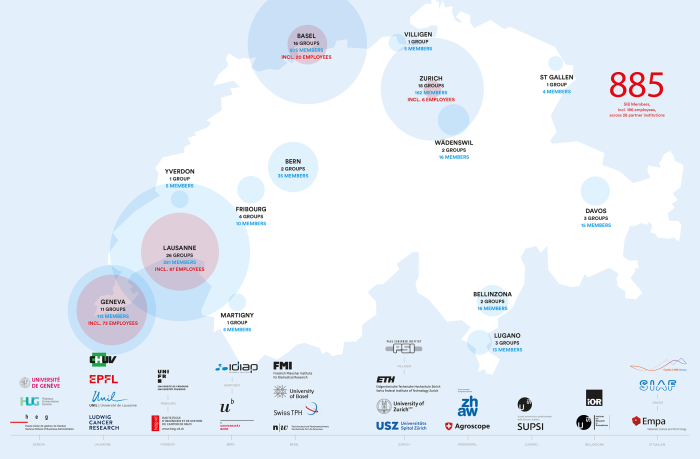
Community initiatives to drive and connect Swiss bioinformaticians
The institute ensures best practices and knowledge are circulated freely among its members by encouraging SIB-wide initiatives. SIB’s dynamic national community relies on the active commitment and collaboration of its members and employees. With initiatives of different types, there is a range of activities in which our scientists can get involved to advance Swiss bioinformatics. These include:
- Launching or participating in focus groups: these interest groups aim to foster knowledge exchanges and collaborations within the national community, on specific scientific and transversal topics, including on important shared issues in science and society. Bringing together members and employees, they are self-managed and set their own objectives. Currently, active focus groups at SIB are on:
- Core Facilities focus group: a collaborative platform for members of SIB core facilities
- Diversity: promoting values of diversity, equality and inclusion (EDI)
- EcoImpact: looking into SIB's impact on environmental sustainability
- Epigenomics: proposing recommendations on how to reach FAIR principles goals in the field
- AI Models of Biomolecules focus group: to share and discuss the latest developments, best practices, and challenges in the field of RNA/DNA Foundation Models
- Pathogen bioinformatics focus group: at the forefront of pathogen research and surveillance
- Semantic Web of data: working towards common solutions for the seamless integration of life science datasets and databases
- Single-cell omics: discussing various topics connected to single-cell data analysis and visualization
Taking part in SIB's scientific conferences at attractive conditions: the Swiss Bioinformatics Summit - the SIB days - and the [BC]2 Basel Computational Biology Conference;
Building conference programs to foster knowledge-sharing and networking opportunities: the scientific committees of SIB’s conferences are made up of SIB Group Leaders and senior scientists who design topical and forward-looking sessions and select the best talks to be featured in the conference programme.
Thanks to our national network, SIB represents Swiss bioinformatics in the main international initiatives in favour of open science, genomic data sharing and the sustainability of the biodata infrastructure, and offers its members additional opportunities for collaboration or funding.



